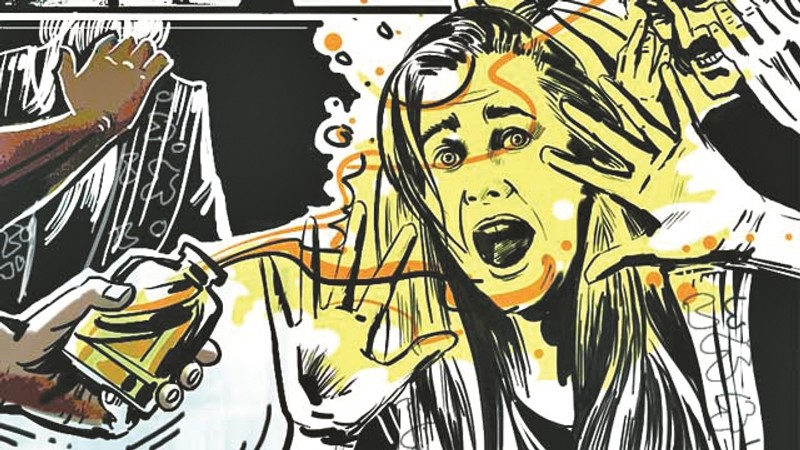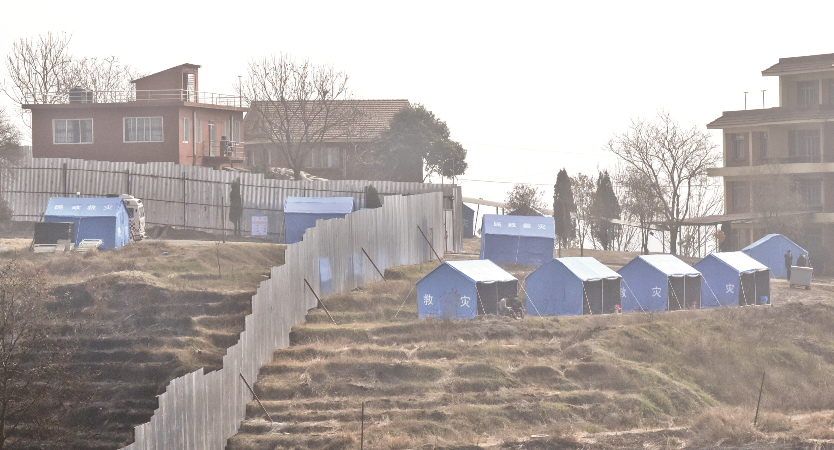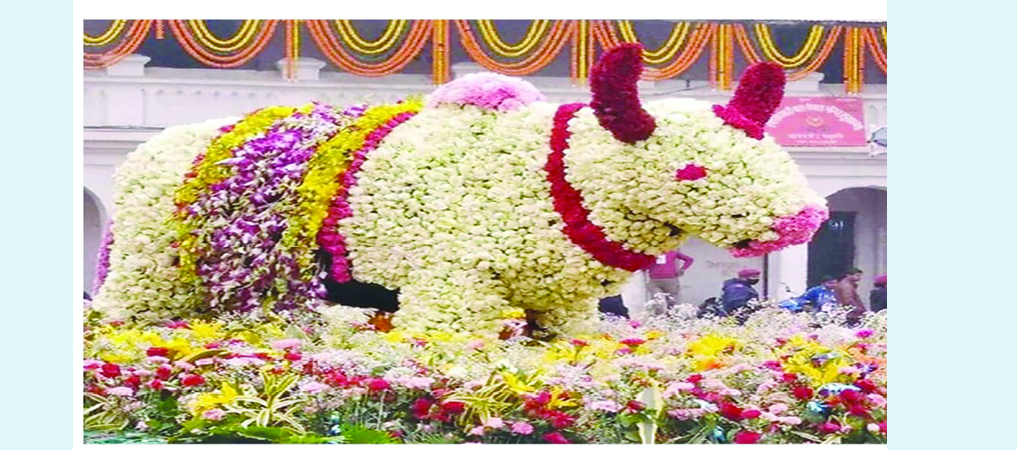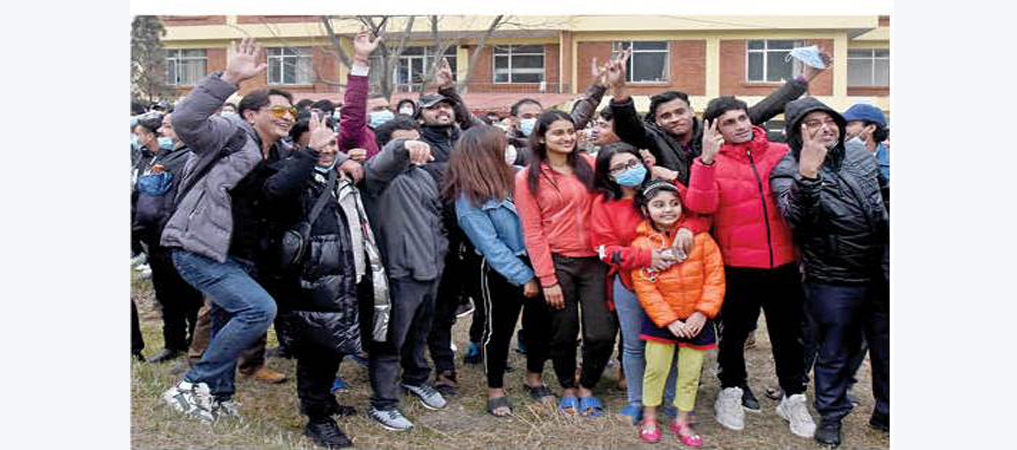Bakery Café deserves kudos for employing the deaf
By Sampada Anuranjanee Khatiwada
Kathmandu, Feb. 4: There are numerous cafes in ever bustling Kathmandu city. One can easily find sit and eat places in every next alley of the city. But there are few cafes, which have been able to connect with the customers on an emotional level.
The Bakery Café of Nanglo International Private Limited, which runs seven cafes within the Kathmandu Valley, has been hiring hearing-impaired persons as waiters to provide service to their customers.
The company had first hired 12 deaf employees in 1997 while opening the third outlet at New Baneshwor, to see if they could work.
Started as an experiment, the company now employs over 70 deaf persons as waiters in various outlets.
Bishnu Ghimire, Manager of the Maharajgunj outlet of The Bakery Café, said, “We have hired 70-75 deaf people as waiters in all of our outlets.”
The number was even higher before, Ghimire said. “Some of them flew abroad in search of foreign employment.” Ghimire said that the café had been recruiting deafened people in coordination with Kathmandu Association of the Deaf (KAD), Naxal.
The only requirement that we have before appointing them as our staff members is their qualification, Ghimire said. “They must have completed at least school level education.”
Kumar Sapkota, Supervisor at Sam’s One Tree Café, Durbarmarg, said, “Before recruiting people with impaired hearing, we ourselves learn their sign language as to avoid the conversation barriers.”
Sapkota said that before employing them, they were provided with various hospitality and waiter training. “We provide two-month training to them,” Sapkota said. “They are appointed after two months of trail.”
Sapkota said the café had also appointed a communicator who could communicate in the sign language of hearing-impaired people to others.
“Deaf people were regarded useless some 20 years ago. It was difficult for them to find jobs to ensure their economic well-being,” Sapkota said. “Our company stands as a pioneer in proving that people with hearing inabilities were able to work for themselves.”
He said that the company wanted to provide opportunities and relief to the deaf people so that they would be able to support their family. “There are some difficulties that we have to deal with while working with them,” said Sapkota. “They are unable to hear cutleries breaking or the customers calling them.”
Sapkota said that the hitches were workable as the people with hearing problems had been able to live on their own.
Both Ghimire and Sapkota said that the customers had mixed reactions about deaf waiters.
Some appreciate our initiative of giving the differently-abled a space in our company, while the others get irritated about how they have to put on extra effort to communicate with them, they said.
The café has also launched a series on YouTube called ‘Action speaks’ to inform people about the sign language used at the café.
The series aims to make the communication easier for both, the customers and the hearing-impaired staff members, Ghimire said.
Sajana Thapa, 31, who had come to Sam’s One Tree Café for lunch, said, “I was fascinated about how people with hearing inabilities were serving my food, when I first visited this café.”
Seeing the waiters serve food with a huge smile on their face makes me happy, Thapa said. Thapa said that this was an epitomic message to the society which believes that differently-abled people cannot work.
“Every cafe, company and institution should be urged to employ differently-abled people at their place,” Thapa said. “They aren’t different from us and they should be given space to prove themselves.”
Recent News

Do not make expressions casting dout on election: EC
14 Apr, 2022
CM Bhatta says may New Year 2079 BS inspire positive thinking
14 Apr, 2022
Three new cases, 44 recoveries in 24 hours
14 Apr, 2022
689 climbers of 84 teams so far acquire permits for climbing various peaks this spring season
14 Apr, 2022
How the rising cost of living crisis is impacting Nepal
14 Apr, 2022
US military confirms an interstellar meteor collided with Earth
14 Apr, 2022
Valneva Covid vaccine approved for use in UK
14 Apr, 2022
Chair Prachanda highlights need of unity among Maoist, Communist forces
14 Apr, 2022
Ranbir Kapoor and Alia Bhatt: Bollywood toasts star couple on wedding
14 Apr, 2022
President Bhandari confers decorations (Photo Feature)
14 Apr, 2022











